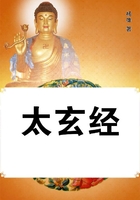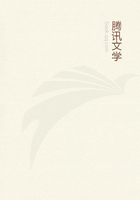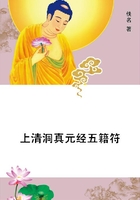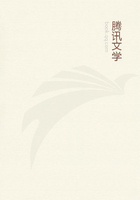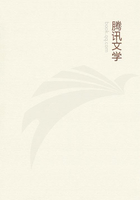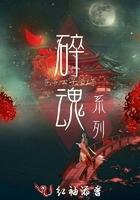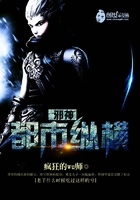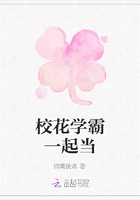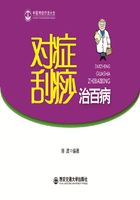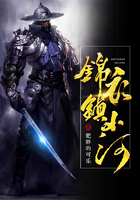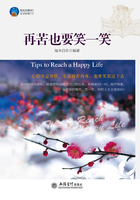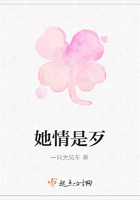T he great basic question of all philosophy, especially of more recent philosophy, is that concerning the relation of thinking and being. From the very early times when men, still completely ignorant of the structure of their own bodies, under the stimulus of dream apparitions [7] came to believe that their thinking and sensation were not activities of their bodies, but of a distinct soul which inhabits the body and leaves it at death -- from this time men have been driven to reflect about the relation between this soul and the outside world. If, upon death, it took leave of the body and lived on, there was no occassion to invent yet another distinct death for it. Thus arose the idea of immortality, which at that stage of development appeared not at all as a consolation but as a fate against which it was no use fighting, and often enough, as among the Greeks, as a positive misfortune. The quandry arising from the common universal ignorance of what to do with this soul, once its existence had been accepted, after the death of the body, and not religious desire for consolation, led in a general way to the tedious notion of personal immortality. In an exactly similar manner, the first gods arose through the personification of natural forces. And these gods in the further development of religions assumed more and more extramundane form, until finally by a process of abstraction, I might almost say of distillation, occurring naturally in the course of man's intellectual development, out of the many more or less limited and mutually limiting gods there arose in the minds of men the idea of the one exclusive God of the monotheistic religions.
Thus the question of the relation of thinking to being, the relation of the spirit to nature -- the paramount question of the whole of philosophy -- has, no less than all religion, its roots in the narrow-minded and ignorant notions of savagery. But this question could for the first time be put forward in its whole acuteness, could achieve its full significance, only after humanity in Europe had awakened from the long hibernation of the Christian Middle Ages. The question of the position of thinking in relation to being, a question which, by the way, had played a great part also in the scholasticism of the Middle Ages, the question: which is primary, spirit or nature -- that question, in relation to the church, was sharpened into this: Did God create the world or has the world been in existence eternally?
The answers which the philosophers gave to this question split them into two great camps. Those who asserted the primacy of spirit to nature and, therefore, in the last instance, assumed world creation in some form or other -- and among the philosophers, Hegel, for example, this creation often becomes still more intricate and impossible than in Christianity -- comprised the camp of idealism. The others, who regarded nature as primary, belong to the various schools of materialism.
These two expressions, idealism and materialism, originally signify nothing else but this; and here too they are not used in any other sense.
What confusion arises when some other meaning is put to them will be seen below.
But the question of the relation of thinking and being had yet another side: in what relation do our thoughts about the world surrounding us stand to this world itself? Is our thinking capable of the cognition of the real world? Are we able in our ideas and notions of the real world to produce a correct reflection of reality? In philosophical language this question is called the question of identity of thinking and being, and the overwhelming majority of philosophers give an affirmative answer to this question. With Hegel, for example, its affirmation is self-evident; for what we cognize in the real world is precisely its thought-content -- that which makes the world a gradual realization of the absolute idea, which absolute idea has existed somewhere from eternity, independent of the world and before the world. But it is manifest without further proof that thought can know a content which is from the outset a thought-content.
It is equally manifest that what is to be proved here is already tacitly contained in the premises. But that in no way prevents Hegel from drawing the further conclusion from his proof of the identity of thing and being that his philosophy, because it is correct for his thinking, is therefore the only correct one, and that the identity of thinking and being must prove its validity by mankind immediately translating his philosophy from theory into practice and transforming the whole world according to Hegelian principles. This is an illusion which he shares with well-nigh all philosophers.
In addition, there is yet a set of different philosophers -- those who question the possibility of any cognition, or at least of an exhaustive cognition, of the world. To them, among the more modern ones, belong Hume and Kant, and they played a very important role in philosophical development.
What is decisive in the refutation of this view has already been said by Hegel, in so far as this was possible from an idealist standpoint. The materialistic additions made by Feuerbach are more ingenious than profound.

